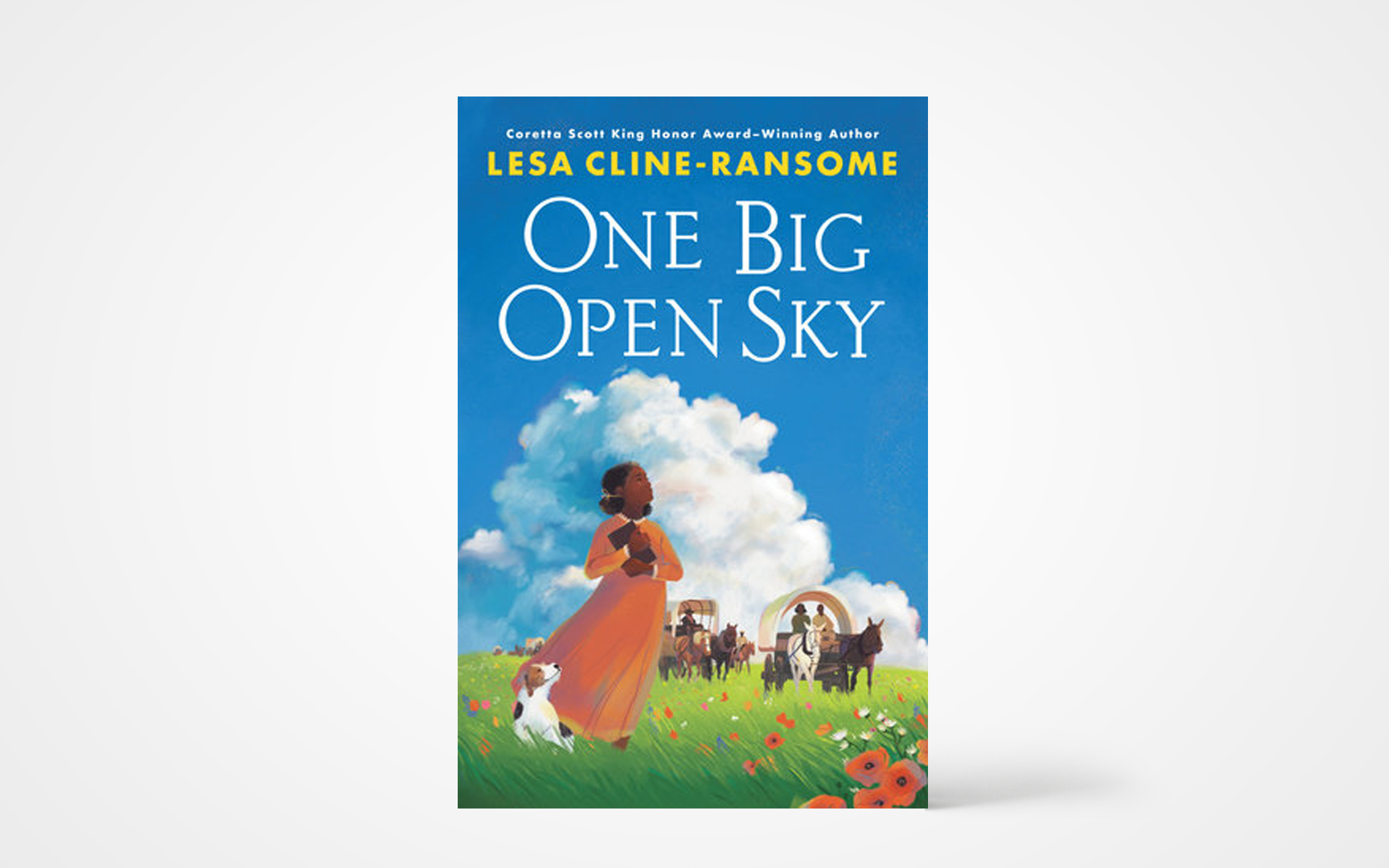In 1879, 11-year-old Lettie learns that her father, Thomas, is planning to move his family along with other Black pioneers from Natchez, Miss., to Nebraska. Lettie is filled with sadness at the thought of leaving behind her best friend and her loving aunts, uncles, and cousins.
But Thomas will allow nothing to stand in the way of his dream to escape the poverty, discrimination, and restrictions he faces in his home state where slavery forged his childhood. The “Promised Land” is beckoning, with the assurance that Black people may purchase a parcel of land. Thomas explains to Lettie, “We can’t live free / on someone else’s land / picking someone else’s crop! / I need something to call my own / Can’t be no man / always waiting for someone to tell me / how much he gonna give / When / If.”
Lettie’s family—Thomas, her mother Sylvia and her younger brothers—set out with nine other families. Filled with hope, they soon realize that they have embarked on a journey with far more difficulties than they could have imagined—hunger, disease, inclement weather, accidents, death, and more.
Lettie—intelligent, observant, and compassionate—helps her parents by keeping a log book of miles traveled and supplies used. And, budding writer that she is, she also begins to record the highlights and calamities of life on the trail. Lettie notes how her father’s pride and bombastic words get him into trouble on more than one occasion. She also writes about his and other men’s opinions on the frailty of women and how every woman needs a husband to protect her and keep her safe.
As events unfold, and especially when Philomena, an 18-year-old woman heading West to be a teacher, joins Lettie’s family, the young girl begins to realize that assumptions she’s been raised with about the superiority of men over women fail to ring true. She notes that the strong pioneer women she witnesses daily are often the backbones of their families.
Narrated in free verse from the perspectives of Lettie, Sylvia, and Philomena, this informative, moving novel for children ages 8-12 brings to life the historical period of the Exodusters, “a term used for the exodus of the thousands of Black homesteaders who migrated from the South to the West during the period of Reconstruction.” The book challenges assumptions about the dignity and worth of people based on gender, race, and status. (Holiday House)
About the Author
Sonya VanderVeen Feddema is a freelance writer and a member of Covenant CRC in St. Catharines, Ontario.

